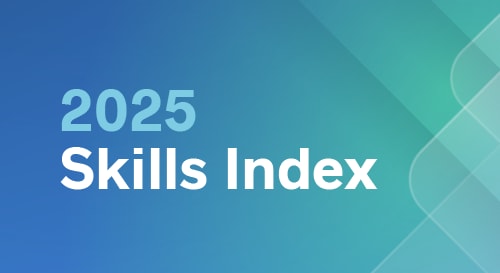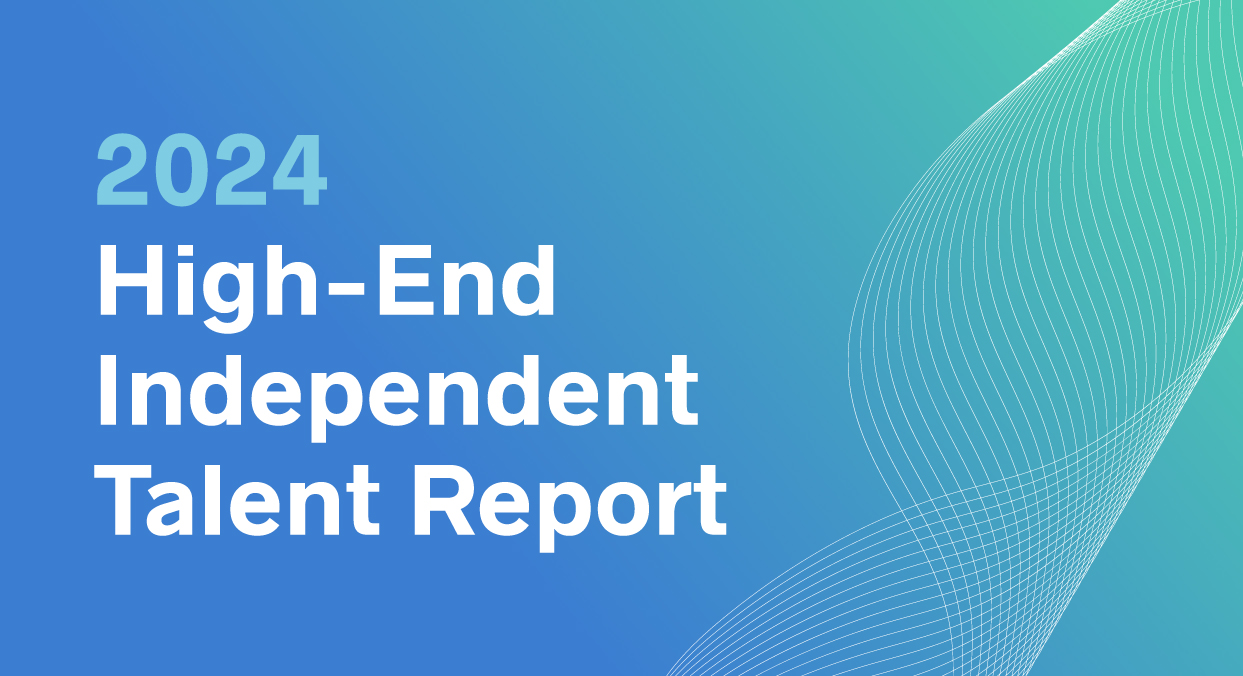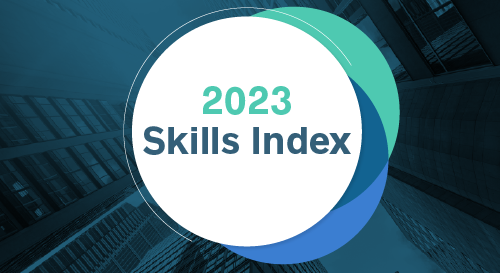Leadership Amid Uncertainty
In an era of constant change and market volatility, organizations are faced with the critical task of identifying the leaders who can guide them through these uncertain times.
The 2024 Leadership+ survey, conducted in partnership with Atreus, a Heidrick & Struggles interim management firm in Germany, shows a clear reorganization effort at the management level and paints a picture of the necessary key competencies that aspiring decision-makers should bring with them.
The Main Trends
Geopolitics, talent, and technology
Around half of executives surveyed see geopolitical instability as the biggest trend that will influence corporate strategies over the next three years. At the same time, the topics of recruiting and retaining specialists and managers (48%) and technological progress (46%) are also high on the list of priorities. In order to meet the challenges, almost two-thirds of those surveyed plan to probably (39%) or definitely (2%) reorganize the management structure in their company over the next three years.
Leaders of the future: Adaptable, technology-savvy, and strong in commitment
The key skills that managers must master in these turbulent times are openness to digitalization and new technologies (52%), the ability to adapt quickly to changing circumstances (46%), and the talent to not only recruit skilled workers but also to retain them in the company in the long term (37%). More than half of those surveyed also stated that the requirements for managers to be able to successfully lead an organization have changed significantly in the past three years.
Involvement of young managers in strategic decision-making processes
A notable finding of the study in this context is the need to integrate young managers more strongly into strategic decision-making processes—a view shared by around three-quarters of respondents. According to study participants, young managers under the age of 40 are more likely to have characteristics such as flexibility in working models (64%), a strong commitment to sustainability (41%), and technological savviness (37%).
Over 95% of participants confirmed a noticeable change in leadership qualities over the last three years, with 44% of respondents reporting a significant change in the requirements for leadership skills. These findings underscore the dynamics of change in leadership culture and emphasize the need for continuous development and adaptation.

















